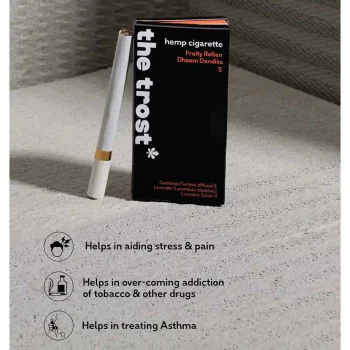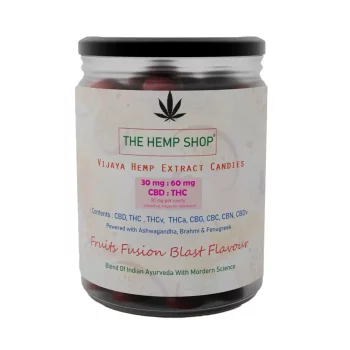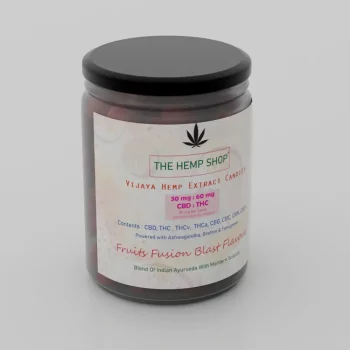Showing 1–12 of 14 results
What is High Blood pressure?
High blood pressure, also known as hypertension, is a condition in which the force of the blood against the walls of the arteries is consistently too high. Blood pressure is measured in millimeters of mercury (mmHg) and is expressed as two numbers: systolic pressure (the higher number) and diastolic pressure (the lower number). A blood pressure reading of 140/90 mmHg or higher is generally considered high.
Causes of High Blood Pressure
- Age: Blood pressure tends to increase as you get older.
- Family history: If your parents or other close relatives have high blood pressure, you may be more likely to develop it as well.
- Race: High blood pressure is more common among African Americans than among people of other races.
- Obesity: Being overweight or obese increases your risk of high blood pressure.
- Lack of physical activity: Not getting enough exercise can contribute to high blood pressure.
- Unhealthy diet: A diet that is high in salt, fat, and/or cholesterol can contribute to high blood pressure.
- Smoking: Smoking and exposure to secondhand smoke can damage blood vessels and increase blood pressure.
- Stress: Chronic stress can contribute to high blood pressure.
- Chronic conditions: Certain chronic conditions, such as kidney disease, diabetes, and sleep apnea, can increase the risk of high blood pressure.
- Certain medications: Some medications, such as birth control pills, cold and flu medications, and some prescription drugs, can raise blood pressure.
Signs and symptoms of High blood pressure
High blood pressure, also known as hypertension, often has no symptoms and can go undetected for years. This is why it’s often called the “silent killer”. However, in some cases, people with high blood pressure may experience symptoms such as:
- Headaches
- Shortness of breath
- Chest pain
- Dizziness or lightheadedness
- Nausea or vomiting
- Blurred vision
- Nosebleeds
How does cannabis medicine work for High blood pressure?
Cannabis medicine directly works by regulating the Endocannabinoid system in the body. ECS regulates a range of processes in the body, mainly mood, appetite, sleep, pain sensation, and immune function. ECS comprises three main parts, endocannabinoids( naturally occurring in the body), enzymes ( used to break down endocannabinoids) and receptors( attachment sites). When our endocannabinoids default in function or are unregulated, discomfort in the form of diseases, pain, and inflammation occurs. Cannabis medicine works by bringing this system back into regulation.One way that cannabis may affect blood pressure is through the interaction of cannabinoids, the active compounds in cannabis, with the endocannabinoid system (ECS) in the body. The ECS is a complex system of receptors and molecules that help to regulate many physiological processes, including cardiovascular function. The ECS is thought to play a role in regulating blood pressure, heart rate, and vascular tone.
Studies suggest that certain cannabinoids, such as cannabidiol (CBD), may have a vasodilatory effect, which means they may widen blood vessels and improve blood flow. This effect may help to lower blood pressure.
Additionally, some studies suggest that cannabis may have anti-inflammatory effects, which could be beneficial for high blood pressure. Inflammation is believed to play a role in the development of hypertension.
Potential benefits of cannabis medicine for High Blood pressure
- Vasodilation: Some studies suggest that certain cannabinoids, such as cannabidiol (CBD), may have a vasodilatory effect, which means they may widen blood vessels and improve blood flow. This effect may help to lower blood pressure.
- Anti-inflammatory properties: Cannabis may have anti-inflammatory effects, which could be beneficial for high blood pressure. Inflammation is believed to play a role in the development of hypertension.
- Anxiety and stress reduction: Cannabis may have anxiolytic (anti-anxiety) and stress-reducing effects, which may help to lower blood pressure in people who experience anxiety-related hypertension.































